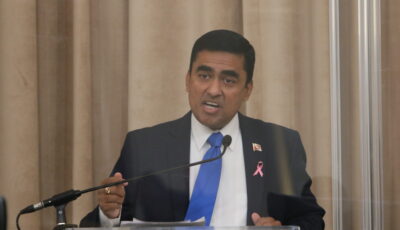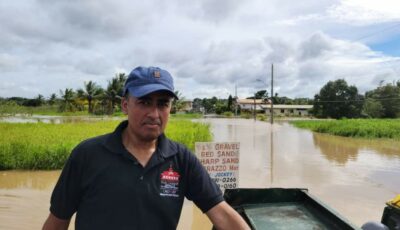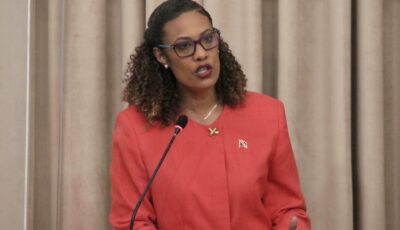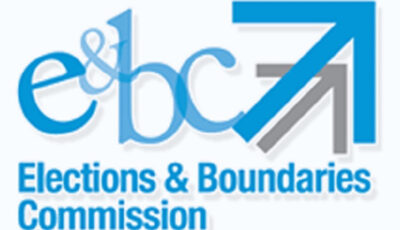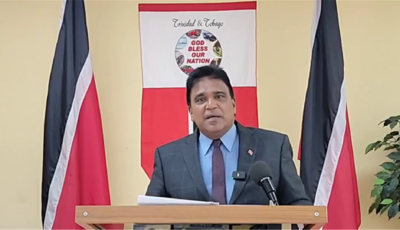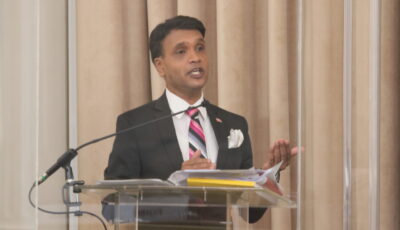Dr. Lackram Bodoe: Let us work harder to fight diabetes
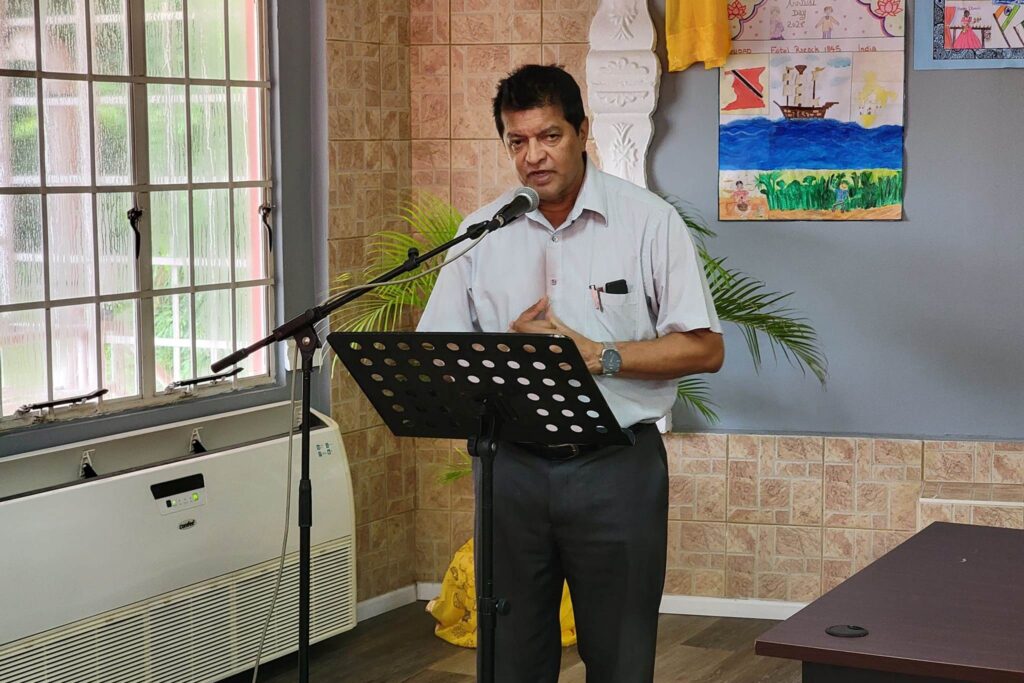 World Diabetes Day, commemorated today, November 14th, 2023, provides us with the opportunity to raise awareness of diabetes, not only as a global public health issue, but as the second leading cause of death in Trinidad and Tobago. Diabetes affects an estimated 150,000 people in Trinidad and Tobago and the numbers are growing, with 1,000 new cases every year.
World Diabetes Day, commemorated today, November 14th, 2023, provides us with the opportunity to raise awareness of diabetes, not only as a global public health issue, but as the second leading cause of death in Trinidad and Tobago. Diabetes affects an estimated 150,000 people in Trinidad and Tobago and the numbers are growing, with 1,000 new cases every year.
According to the Pan American Health Organization (PAHO), Trinidad and Tobago, like many countries around the world, is facing a growing burden of non-communicable diseases (NCDs) such as diabetes, heart disease, stroke, cancer, and chronic lung disease. These account for over 62% of deaths, each year, with three quarters occurring in people under the age of 70.
If it is not detected and treated early, diabetes can lead to serious and potentially life-threatening complications such as heart disease, hypertension, stroke, blindness, amputations and end-stage renal failure. Too many of our loved ones are lost because of diabetes and associated complications.
As a people we need to take personal responsibility for looking after our health and maintaining our wellness, so as to prevent diabetes and other chronic non communicable diseases. I urge all of us to drink more water, avoid sugar, eat less and exercise more. By adopting these healthy lifestyle choices, we can ensure good personal health and a more healthy nation.
The Seemungal Report on the recent COVID-19 pandemic highlighted the greater risk of death and morbidity that those citizens with diabetes (and other NCDs) experienced when they contracted the virus. The Report identified an “NCD debt” and went on to make several recommendations to the Government.
Governments and Ministries of Health also have their roles to play in this critical fight. They must ensure that adequate resources are made available to populations to provide opportunities for both screening and treatment of diabetes. Human resources must be utilized in an optimal manner to provide structured screening in the primary care setting as well as timely treatment in tertiary facilities for patients with complications of diabetes. Additionally access to more advanced anti diabetic drugs must be option for those who seek care in the public sector. Meaningful partnerships with non-governmental organizations can also enhance the fight against diabetes.
The slogan for this year’s World Diabetes Day campaign is “Know your risk, Know your response”. If we know that we have a family history of diabetes, or we eat a lot of unhealthy foods, or if we do not exercise, then we know the risks and therefore, we know what we need to do. We need to make serious but necessary changes to our lifestyle and eating habits. I also urge pregnant women to avail themselves of the opportunities to screen for diabetes in pregnancy since untreated gestational diabetes can negatively impact on the outcome for both mother and baby.
Diabetes can be prevented and it can be properly managed. Let us take a serious look at our personal health, our lifestyles, and make the necessary changes for a healthier and happier Trinidad and Tobago.


